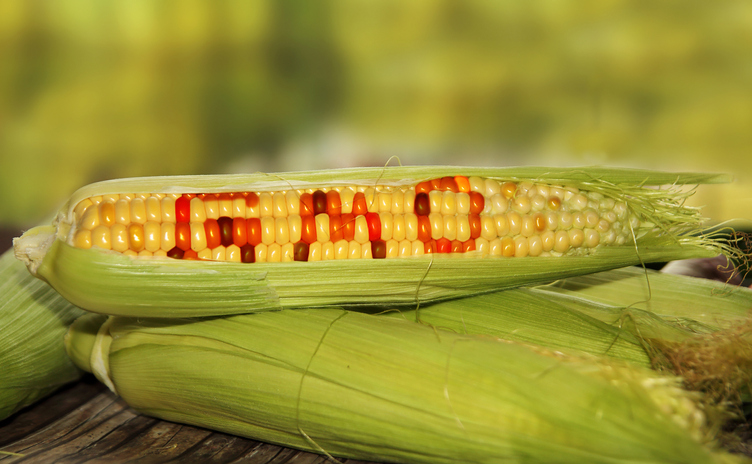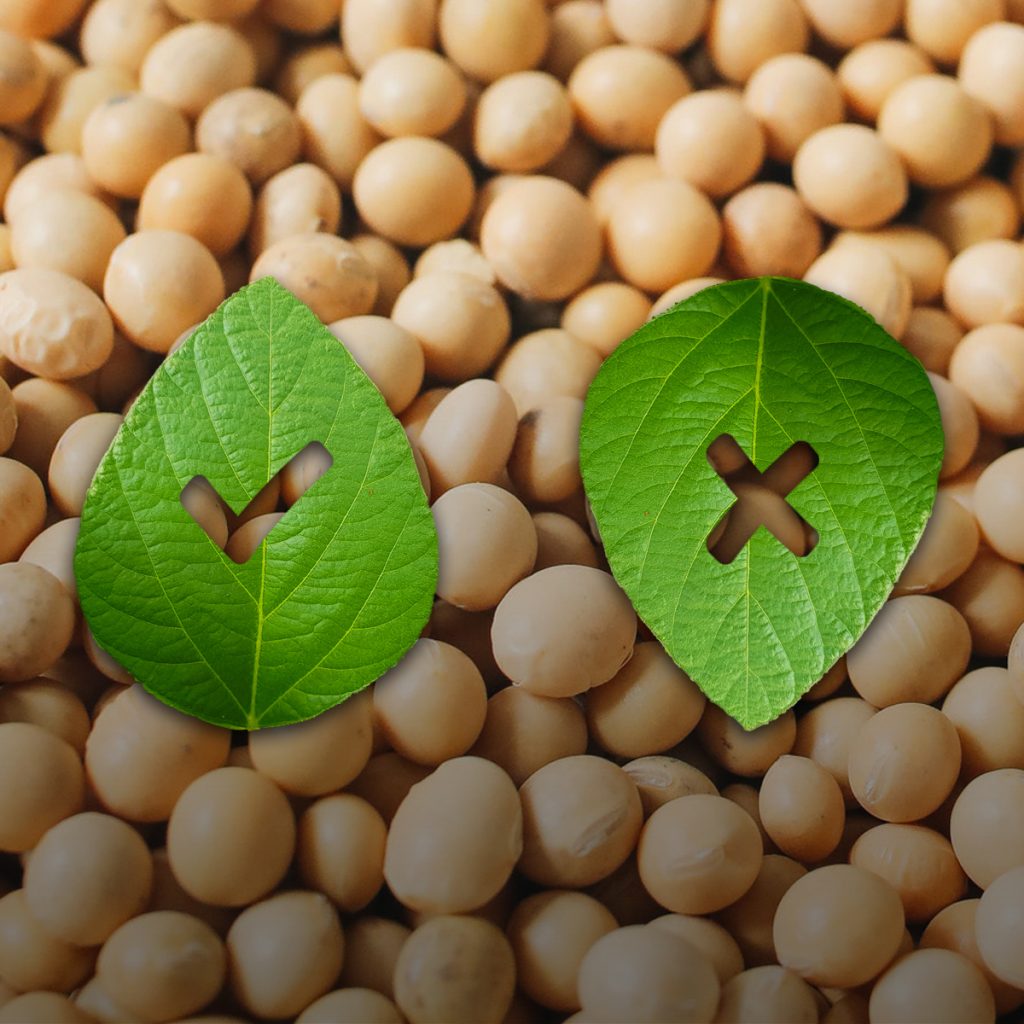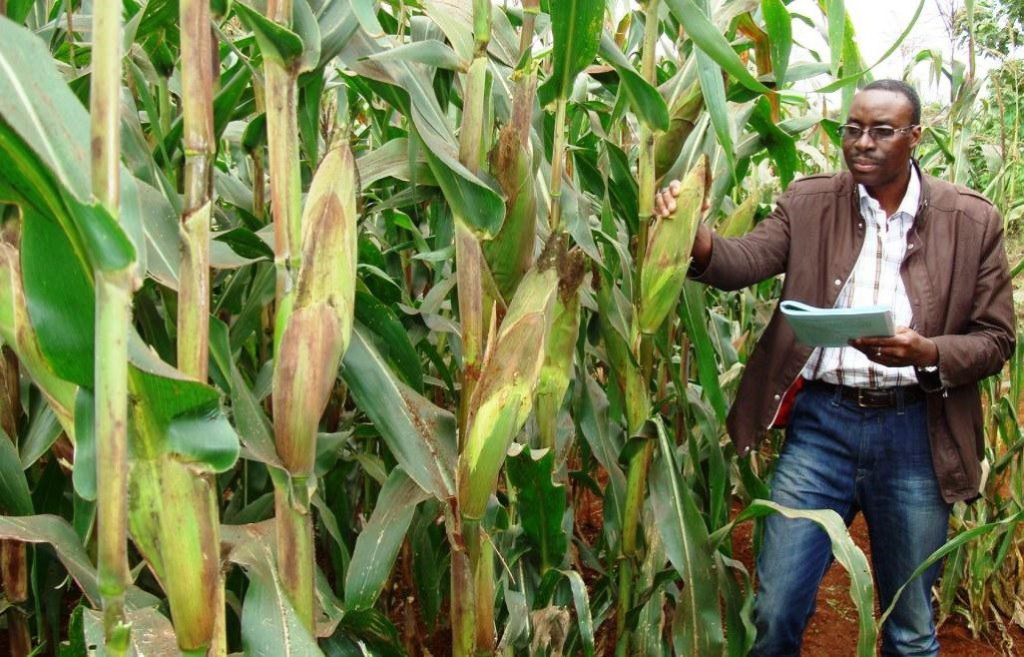Physical Address
60 Ekwema Cres, Layout 460281, Imo
Physical Address
60 Ekwema Cres, Layout 460281, Imo

As an entire continent stricken with climate disasters, farmers, and policymakers alike search for possible solutions to protect food supplies. GMO Seeds (genetically modified seeds) are an option that is being touted as a significant advancement; they promise crops that can resist drought, fend off pests, and yield bigger harvests even during chaotic weather. Not quite, though.
So far, there is no denying how urgent things have become. There are droughts and floods-and the heat is on. GM Seeds proponents in Africa argue that the high-tech crops may allow for keeping pace with climate change. The argument then goes that when traditional varieties fail to deliver stable yields under climate pressures, GMO Seeds may fill the gap-thus speaking to the hunger question for Africa.
But underneath these considerations are some important questions: Who really profits from GM seeds in Africa? Who controls the supply? Are these really the best seeds for Africa’s future-or simply the most profitable for the global companies?
Read Next: Kava Launches Nollywood’s First Streaming Platform in Africa
Traditionally, African farmers save seeds from one harvest to replant in the next season-a practice that has been passed down with generations. But with many GMO Seeds, those seeds come with restrictions. For instance, they carry patents, meaning farmers are effectively prohibited from using seeds saved from a genetically modified crop to plant. Instead, they are legally obliged to purchase fresh seeds each year from companies, invariably large agricultural giants based outside Africa.
Such a fundamental shift creates a type of dependency. Instead of achieving resilience, small African farmers could get sucked into a loop of buying seeds they do not control entirely. Local food systems are increasingly attached to distant corporations, foreboding what some are calling “digital-age feudalism.”

In a bigger picture, who indeed owns Africa’s food supply of the future? If the patents and profits from GMO Seeds mostly leak into the coffers of Global North companies, could African nations even stake a claim toward food sovereignty?
This set of concerns has birthed the term “digital colonialism”? Technology holds promise for climate solutions, but it also creates new avenues for the exertion of control by foreign powers over local economies and resources. It is development with strings attached, and some contend it is a slowly unfolding crisis of ownership.
Africa does have some tools for surviving harsh climates. Well before genetically modified seeds were introduced on the continent, farmers used agroforestry (the joint growing of trees and crops), intercropping (growing crops together for greater results), and composting for naturally available fertilizer. They are not just ways of doing things adopted through tradition; these are sustainable methods of preserving healthy soils and resilient crops, even under the harshest weather conditions.
There is a tendency to ignore these indigenous solutions, opting instead for high-tech fixes such as GMO Seeds in Africa. Critics claim this is the biggest blunder ever. Local knowledge, when it works, is often called “outdated” simply because it cannot be mass-produced or quickly scaled up by big investors.

Is the hope in GMO Seeds in Africa real-or really risky? The answer is neither black nor white. Genetically modified seeds may help cushion against some climate shocks, at least in the short run. But they also risk locking away farmers and whole countries into a system they don’t fully control.
For African governments debating the future of farming, the overarching issue remains: Are we planting the right future? The seeds that Africa plants today are going to affect not only what she will eat tomorrow but also who owns the harvest tomorrow.
At this point, the continent stands at a crossroad. Scientific innovation should walk hand in hand with respect for local wisdom and real food sovereignty. Because surviving climate change should not entail surrendering control of the future. The stakes have never been higher.
Was this information useful? Drop a nice comment below. You can also check out other useful contents by following us on X/Twitter @siliconafritech, Instagram @Siliconafricatech, or Facebook @SiliconAfrica.